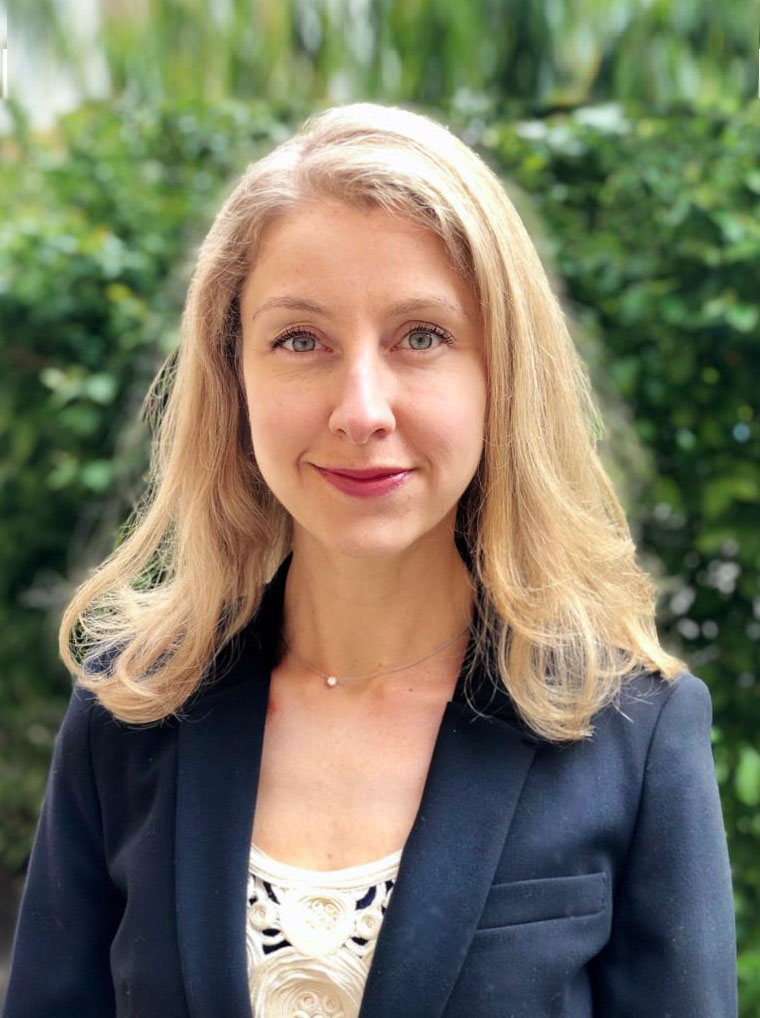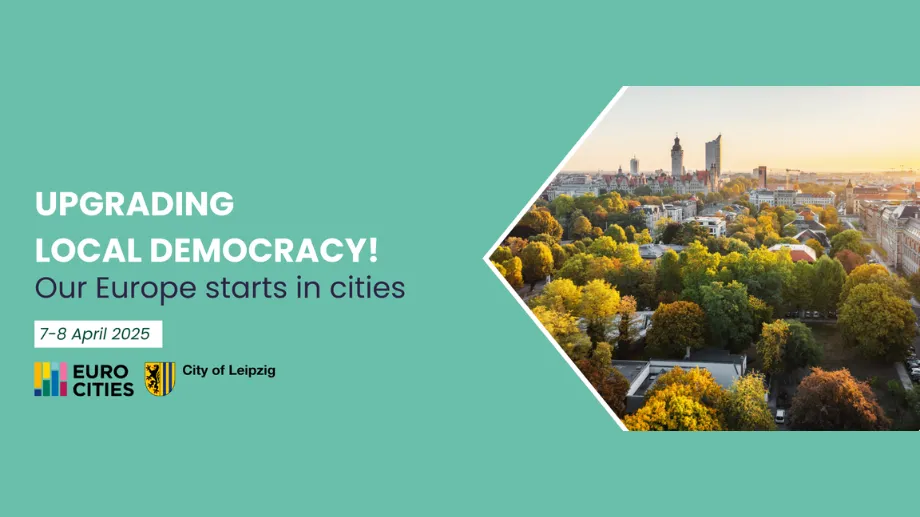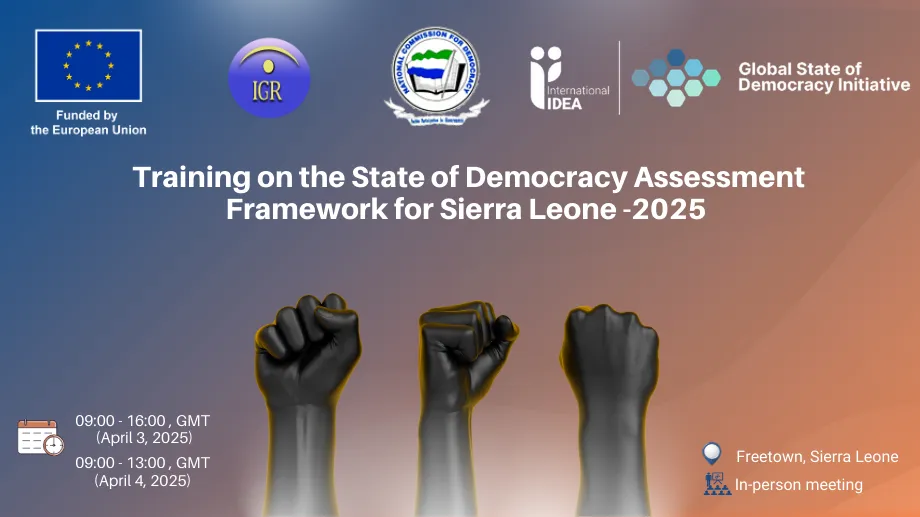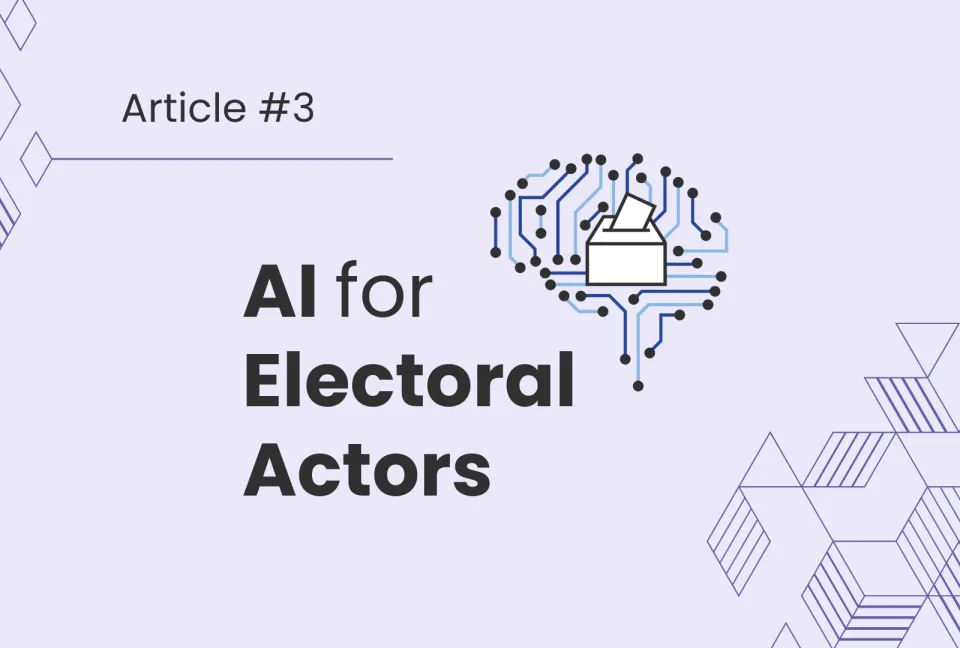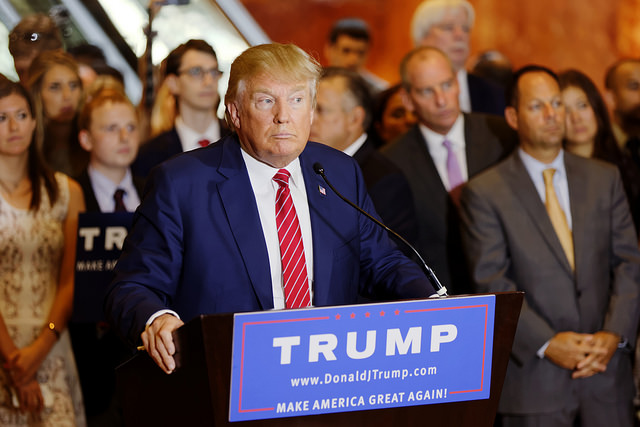
Disclaimer: Views expressed are those of the staff member and do not represent the institutional position of International IDEA.
While the outcome of the American election took many by surprise, it could also be seen as the United States following a recent trend of democracies electing leaders who, in their electoral campaign platforms don’t subscribe to, or advocate against some of the fundamental principles of democracy. So what happens when democratic processes enable those leaders to take power, is democracy at risk for self-destruction? Examples in the last decade point in that direction.
As these leaders work to increase and maintain their power, they use propaganda and hazy, distorted facts to manipulate people’s desires for change. By the time the smoke clears, only a hollow facade of a democratic system remains, providing a fake backdrop for its citizens and the international community.
Why do voters let this happen?
POST-TRUTH POLITICS
In what many consider the oldest democracy in the world, the United States, the election of Donald Trump as president took most political analysts and the world by surprise. It also showed that post-truth politics is a successful recipe to gain support from almost half of the country's voters. The Republican presidential candidate transformed a disregard for facts and truth into his own personal trademark, proudly admitting that he will not play by the rules, but that he will rule by attacking anyone standing in his way.
Not being a part of the political establishment has also proven to be a recipe for success, as the gap between the elected and the electorate has expanded. In the Unites States, Hillary Clinton’s vast experience, knowledge and competence in politics became detrimental to her since she was seen as the embodiment of the despised elite. Similarly, Brexit and the growth of populist parties and leaders are symptomatic of the same phenomenon and linked to a general disappointment with politicians and their failure to deliver and connect with the population.
DEMOCRACY DIDN’T DELIVER
In Eastern Europe and other recent democracies, people who only 20 years ago put their lives at risk by taking to the streets to demand democracy, now feel that democracy hasn’t delivered. It sounded great in theory but turned out differently in practice, and wide-spread disappointment with their current quality-of-life left many nostalgic about the past. People feel poorer, less safe, more distrustful towards their fellow citizens and to an even greater extent towards governments and political leaders. Politicians and political structures are now synonyms with corruption and the symbols of inequality before the law. Political accountability is both scarce and utopic. Combined, a disillusionment with democracy has led former oppressed citizens to increasingly glorify the idea of a strong leader and considering exchanging free elections for job-security or political stability.
THE STRONG LEADER
This phenomenon of yearning for a strong leader hasn’t been limited to Eastern Europe. A popular desire for a strong leader has been on the rise across the globe. From Russia and Hungary to the Philippines and the United States, elections have shown that people are attracted by what they perceive are action-oriented leaders who lead people to believe that there are simple solutions to complicated problems. Public concerns with increased migration, terrorist threats, or drug cartels are declared to be easily solved by building walls, imprisoning intellectuals and journalists or encouraging extra-judicial killings.
POLITICS OF FEAR
On the other side of the Atlantic, a well-developed propaganda machinery working on developing alternative truths, factual distortions and conspiracy theories has helped raise and maintain support for leaders like President Vladimir V. Putin and President Recep Tayyip Erdogan. To this end, troll-armies have been activated to ensure that both inside and outside the country people are reached by the same alternative “truths”, aimed to instigate suspicion, create fear and discredit any opposition. Citizens are led to believe that an imminent threat is upon them, and that the only protection is offered by the current leadership and increased nationalism. Defining and incriminating a common enemy is one of the most successful tools for feeding such fears, whether this enemy is in the shape of Muslim refugees, HBTQ groups or the opposition. Protection against those alleged threats are used as pretexts for infringing or removing democratic rights, actors, processes, and institutions.
In Hungary and Poland, changes in the constitutional courts and the judiciary system have endangered the rule of law, in Turkey and Russia alleged terrorist threats and fabricated delinquencies have led to persecutions and intimidation of the opposition. Those who dare to question the party line and voice their concerns, often find themselves threatened and sometimes violently silenced. The independent press is increasingly marginalized, threatened, imprisoned or silenced and civil society and minority groups find themselves accused of representing foreign powers and labeled as foreign agents. State of emergency proclamations have been used to enable governments and political leaders to circumvent democratic principles and extend their power indefinitely.
In view of these disturbing trends, it is no wonder there are those who say that democracy is in decline.
BUILDING RESILIENCE
The chances of dismantling a democracy are inversely proportional to the resilience of that democracy. The stronger and more stable it is, the harder it is to demolish it, similar to a house with strong foundations and reinforced walls, compared to a wooden shed. A key step, then, is the building of processes, institutions, checks and balances, and more importantly, people’s trust in the system. Achieving trust takes time, but it’s an essential shield for democracy. Without trust, manipulative leaders can instigate fear, leaving populations vulnerable to making hasty, irrational decisions. Only by building trust and combating fear with inclusiveness, dialogues and objective facts, can the challenges to democracy effectively be defused.
BUILDING TRUST
International IDEA’s State of Democracy assessment tool serves as one building block of societal trust. By enabling people to critically reflect on the quality of their own democracy, engage in dialogue and contribute to country-wide or local reform processes, people develop personal stakes in their political systems, making it more likely that they will be engaged and committed citizens. Such tools help create local ownership and bridge the gap between decision makers and the population. International IDEA’s State of Democracy assessment tools also promote inclusion, which forms the societal cement which solidifies the building blocks of democracy.
Within its mandate to support sustainable democracy worldwide, International IDEA intends to contribute to developing the knowledge resources needed to build resilient democracies. In an upcoming Global State of Democracy publication, International IDEA also will analyze current trends and challenges impacting democracy today. This will help policy-influencers identify actionable recommendations based on research and best practices.
People have a democratic right to elect populist leaders, but such an outcome can cause serious damage. Democratic resilience can be built and sustained but it also needs to be cemented with a binding social agreement to uphold the fundamental principles of participation, representation, accountability, and transparency. Understanding, upholding and protecting these values strengthens a democracy’s foundation, and shields it against dangerous hurricanes. Hurricane Trump may have just formed over the Atlantic, Hurricane Putin has been raging for years, and Hurricane Le Pen is picking up speed. More than ever actions are needed to ensure that democracies are strong enough to withstand these storms.
